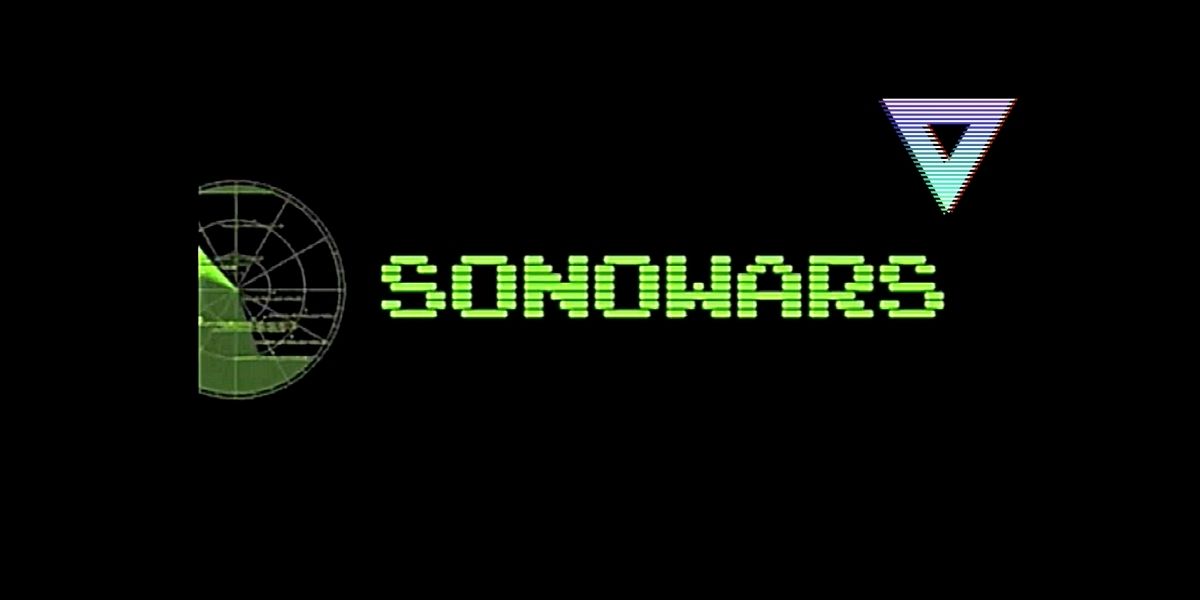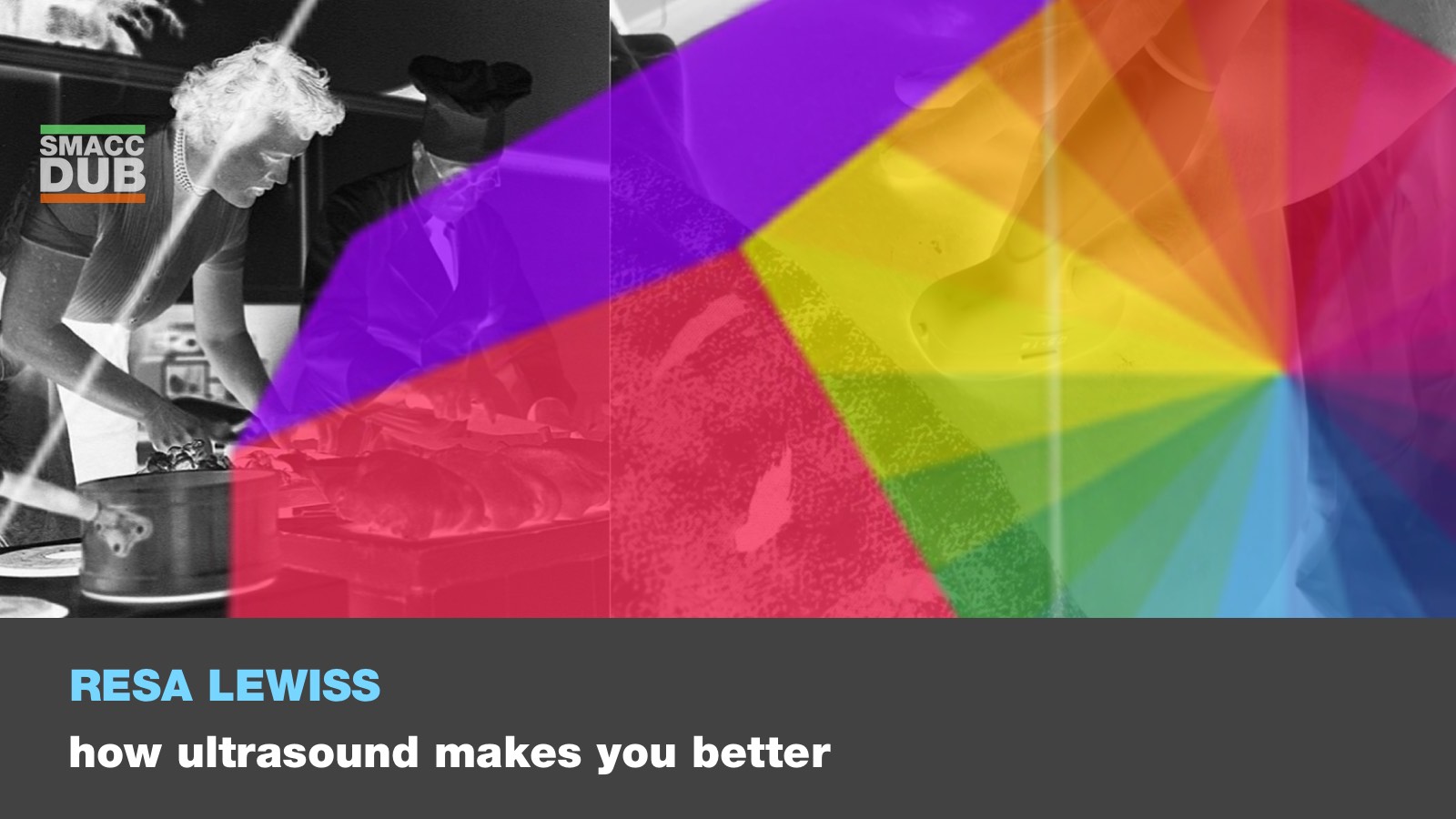POCUS in Resource Limited Environments: Trish Henwood
Trish Henwood talks on all things point of care ultrasound (POCUS) in resource limited environments.
According to the World Health Organisation, 80-90% of all diagnostic problems can be solved by basic radiograph (x-ray) and ultrasound (US) examinations. However, the problem is that two-thirds of the world’s population currently has no access to imaging technologies.
From refugee camps in Greece, to rural clinics in Australia, to Everest Base Camp, POCUS is one of the most powerful diagnostic and procedural tools in any austere clinical setting. This transformative technology allows front line providers who have direct responsibility for patient care to rule in or rule out diagnoses rapidly. Moreover, it ensures safety in performing procedures with real-time image guidance.
For example, POCUS training can allow a midwife to identify a massive amount of free intra-abdominal fluid in a 30 year-old Ugandan mother presenting to gynaecology clinic with her third pregnancy and new abdominal pain. She can then notify the surgeon of her concern for a ruptured ectopic pregnancy.
This leads to patient survival in environments where they would otherwise die.
Waiting for imaging facilities and specialists leads to delay in definitive care and poor outcomes for patients.
Ultrasound machines have become increasingly portable, user-friendly, and less expensive over the last decade. This is resulting in a growing presence in otherwise resource poor environments.
POCUS trained clinicians can afford imaging capacity to health facilities that may have very limited on-site diagnostics. There is no ionising radiation, nothing invasive, and it is cost-efficient.
POCUS provides the potential to quickly narrow differential diagnoses by facilitating a look inside the body during the patient encounter. Research studies support its use to solve information gaps in resource-limited settings.
Moreover, the potential for this digital technology to be shared – and to leverage global expertise and consultation – increases the range of application beyond one individual’s knowledge base.
Join Trish as she highlights the amazing capacity of POCUS with real world stories.
For more like this, head to our podcast page. #CodaPodcast
Trish Henwood
Trish previously worked as the Director of Global Health Initiatives in Emergency Medicine at the University of Pennsylvania, and she now practices clinically as an attending emergency physician at Brigham and Women’s Hospital/Harvard Medical School. She is currently Chair of the American College of Emergency Physicians Global Health Ultrasound Subcommittee, and International Advisor to the African Ultrasound Committee of the African Federation of Emergency Medicine.
Trish is the President and Co-Founder of the PURE Initiative: Point-of-care Ultrasound in Resource-limited Environments





